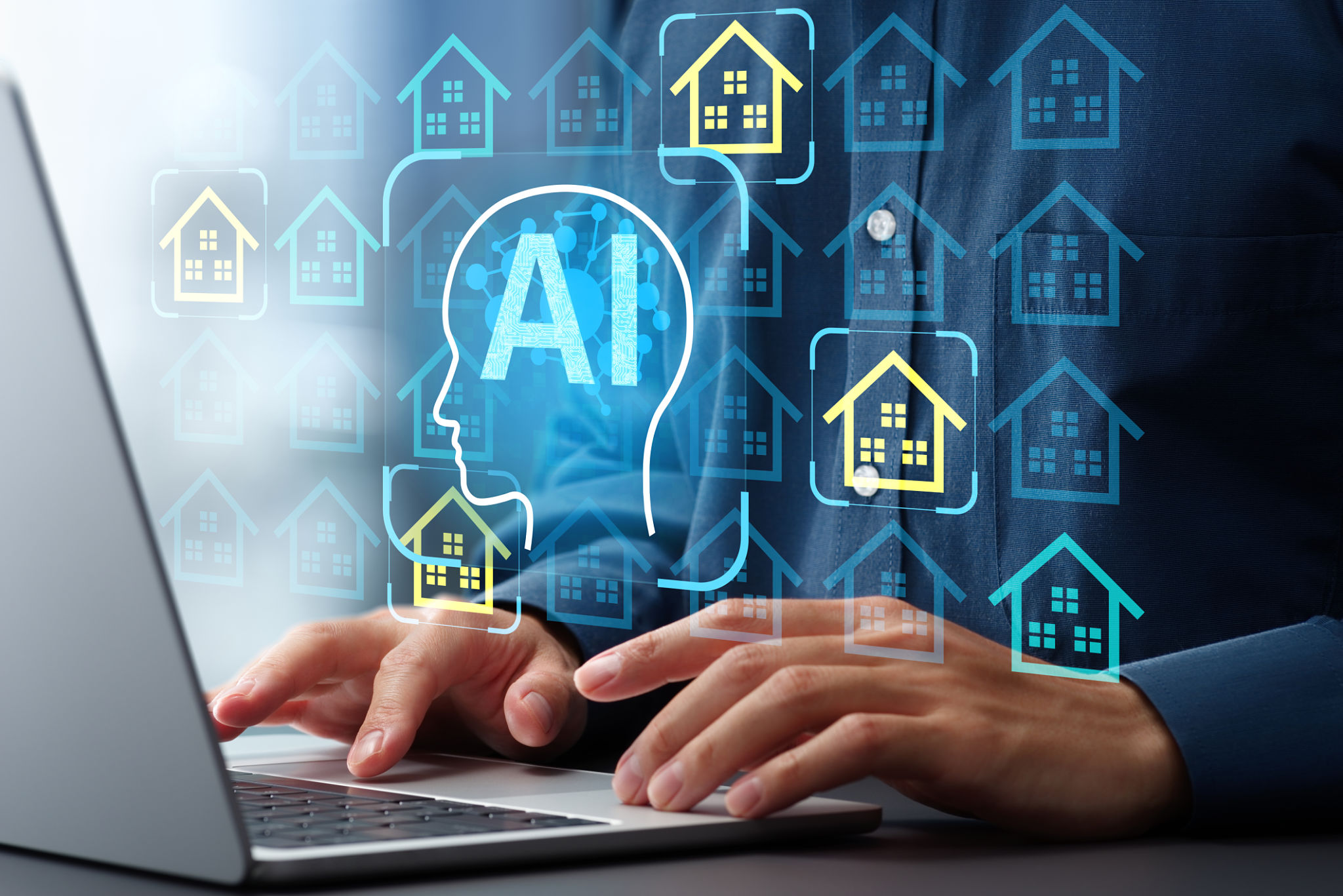The Latest Innovations in Real Estate Technology Collaborations
Introduction to Real Estate Technology Collaborations
The real estate sector is experiencing a technological revolution, with innovations designed to streamline processes, enhance customer experiences, and improve decision-making. By collaborating with tech companies, real estate businesses are adopting cutting-edge solutions that are reshaping the industry landscape.
Virtual and Augmented Reality
Virtual reality (VR) and augmented reality (AR) technologies are transforming property viewings. These immersive technologies allow potential buyers and renters to explore properties remotely, saving time and resources. Through VR tours, clients can virtually walk through homes, while AR applications enable them to visualize furniture placement and interior design changes.

Artificial Intelligence and Big Data
Artificial intelligence (AI) and big data analytics are at the forefront of real estate innovations. These technologies provide valuable insights into market trends, customer preferences, and property valuations. AI-powered chatbots enhance customer service by providing instant responses to inquiries, while data analytics tools help realtors make informed decisions.
Companies are leveraging AI algorithms to predict property price fluctuations and identify lucrative investment opportunities. This data-driven approach is revolutionizing how real estate professionals operate, making transactions more efficient and profitable.

Blockchain for Secure Transactions
Blockchain technology is offering a secure and transparent method for conducting real estate transactions. By eliminating intermediaries, blockchain ensures faster, more reliable transactions with reduced risk of fraud. Smart contracts are automating processes such as property transfers and rental agreements, ensuring compliance and efficiency.
Furthermore, blockchain provides a tamper-proof record of property ownership, simplifying title verification processes and reducing disputes. This technology is paving the way for a more streamlined and trustworthy real estate market.

The Role of IoT in Smart Buildings
The Internet of Things (IoT) is playing a crucial role in developing smart buildings. IoT devices allow property managers to monitor building systems remotely, optimizing energy consumption and reducing operational costs. Tenants benefit from enhanced comfort and security features, such as smart thermostats and surveillance systems.
By integrating IoT technology, buildings can adapt to the needs of occupants in real-time, creating more sustainable and efficient environments. This connectivity is not only improving tenant satisfaction but also increasing property value.
The Future of Real Estate Collaboration
The collaboration between real estate firms and technology companies continues to evolve, driving innovation across the industry. With the rise of proptech startups, traditional firms are being pushed to embrace new technologies to remain competitive. This ongoing partnership promises to deliver even more advanced solutions in the coming years.
As these collaborations deepen, the industry will likely see further advancements in predictive analytics, automation, and sustainable building practices. These innovations will redefine how real estate operates, making it more accessible, efficient, and environmentally friendly.

Conclusion
The integration of technology into real estate is creating a more dynamic and efficient industry. By collaborating with tech innovators, real estate professionals can offer enhanced services, improve operational efficiency, and deliver better experiences for clients. As technology continues to advance, the potential for further innovation in real estate remains boundless.